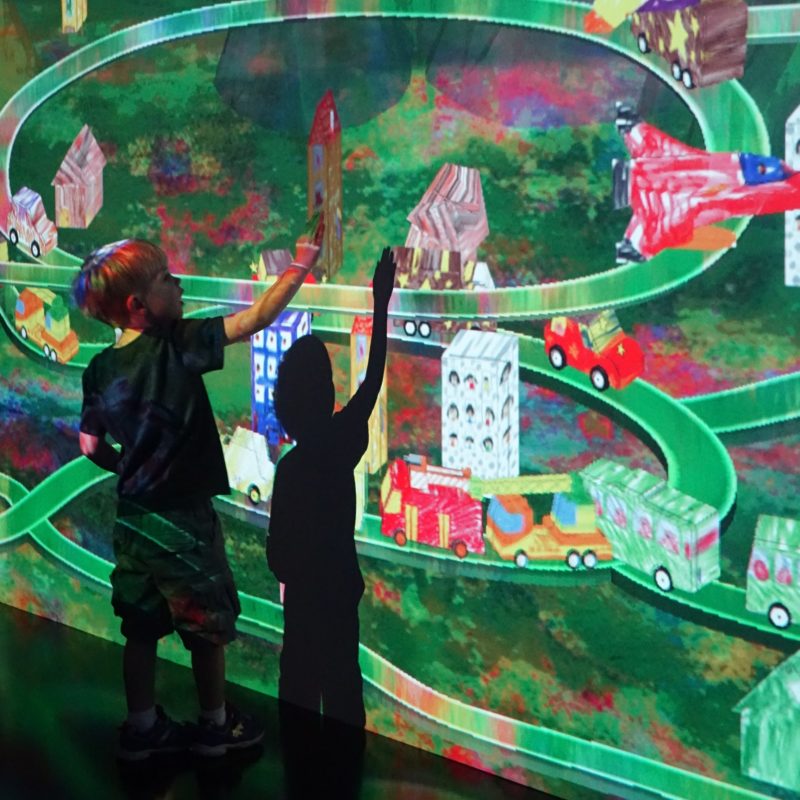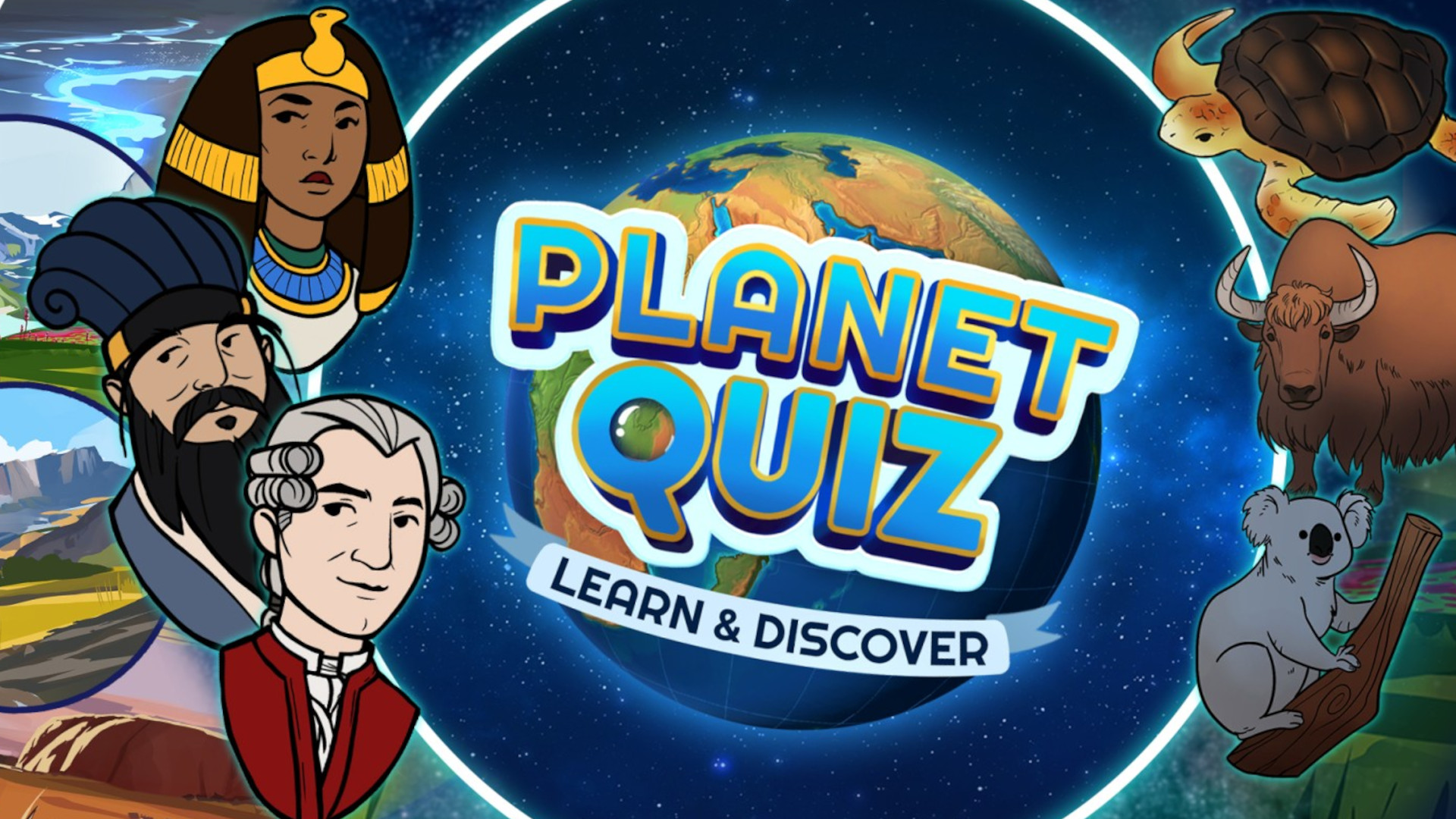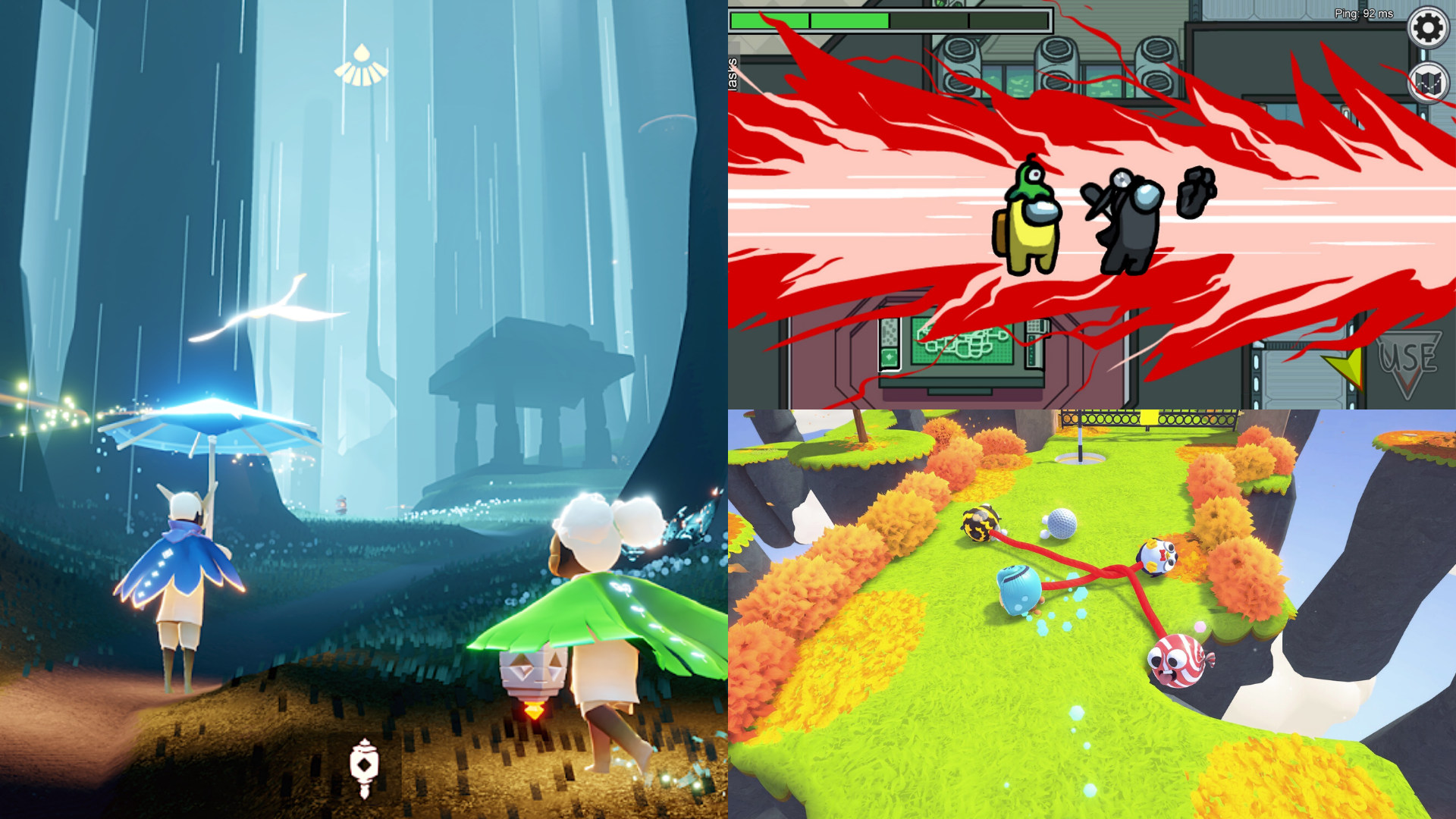The Future of Play: Exploring the Landscape of Free Online Games for Young Children in 2025
Related Articles: The Future of Play: Exploring the Landscape of Free Online Games for Young Children in 2025
Introduction
With enthusiasm, let’s navigate through the intriguing topic related to The Future of Play: Exploring the Landscape of Free Online Games for Young Children in 2025. Let’s weave interesting information and offer fresh perspectives to the readers.
Table of Content
The Future of Play: Exploring the Landscape of Free Online Games for Young Children in 2025

The world of children’s entertainment is constantly evolving, with technology playing an increasingly prominent role. In 2025, the digital playground will be teeming with innovative and engaging online games designed specifically for young learners. While the exact landscape of free online games for children in 2025 remains to be fully realized, several trends suggest a future filled with educational, interactive, and engaging experiences.
The Evolution of Play:
The traditional boundaries between physical and digital play are blurring, with online platforms offering a seamless integration of both. Games will leverage augmented reality (AR) and virtual reality (VR) technologies, allowing children to interact with virtual environments in ways that were previously unimaginable. Imagine a child building a virtual block tower with their hands, feeling the texture and weight of the blocks through haptic feedback, or embarking on a virtual safari adventure, encountering lifelike animals in their natural habitat.
Educational Focus:
The emphasis on learning through play will continue to drive the development of online games. These games will be designed to foster cognitive, social, and emotional development in young children. They will incorporate gamified learning experiences, encouraging children to solve puzzles, complete challenges, and explore different concepts while having fun.
Personalized Learning:
The rise of artificial intelligence (AI) will enable personalized learning experiences within online games. AI algorithms will adapt to each child’s individual pace and learning style, providing tailored challenges and feedback. This will ensure that children are constantly challenged and engaged, while also receiving support when needed.
Safety and Privacy:
The safety and privacy of children online remain paramount. Games will adhere to strict guidelines, ensuring that content is age-appropriate and that personal information is protected. Parental controls will be readily available, allowing parents to monitor their child’s online activity and set limits on playtime.
Accessibility and Inclusivity:
The digital realm offers unparalleled opportunities for accessibility and inclusivity. Online games will be designed to cater to diverse needs, including children with disabilities. Features like customizable controls, alternative input methods, and closed captioning will ensure that all children can participate and enjoy the benefits of digital play.
Examples of Potential Game Types:
- Interactive Storybooks: Immersive storytelling experiences will allow children to interact with characters and environments, making the reading process more dynamic and engaging.
- Virtual Playdates: Online platforms will facilitate virtual playdates, allowing children to connect with friends and engage in collaborative activities, fostering social interaction and communication skills.
- Educational Adventures: Games will incorporate real-world learning experiences, taking children on virtual field trips to museums, historical sites, or natural wonders, expanding their knowledge and understanding of the world.
- Creative Expression Tools: Games will provide digital tools for creative expression, allowing children to paint, draw, compose music, and design their own virtual worlds, fostering imagination and problem-solving skills.
Benefits of Free Online Games for Young Children:
- Enhanced Cognitive Development: Engaging in online games can stimulate cognitive skills such as problem-solving, critical thinking, and memory.
- Improved Social and Emotional Skills: Interactive games encourage communication, collaboration, and empathy, fostering social and emotional development.
- Increased Creativity and Imagination: Games provide a platform for children to express themselves creatively and explore their imagination.
- Access to Educational Resources: Online games can offer a wealth of educational resources, expanding children’s knowledge and understanding of different subjects.
- Opportunities for Global Connection: Online games can connect children from different cultures and backgrounds, fostering global understanding and tolerance.
FAQs:
Q: How can I ensure the safety of my child while they are playing online games?
A: Choose reputable game providers with a strong track record of child safety. Utilize parental control features offered by the platform, such as limiting playtime, blocking access to inappropriate content, and monitoring online activity. Discuss online safety with your child, emphasizing the importance of protecting personal information and being cautious about interactions with strangers.
Q: What are the potential risks of online games for young children?
A: Potential risks include exposure to inappropriate content, cyberbullying, addiction, and privacy breaches. It is crucial to be aware of these risks and take steps to mitigate them.
Q: How can I find free online games that are appropriate for my child’s age and developmental stage?
A: Look for games that are specifically designed for young children and are rated accordingly. Check reviews and ratings from other parents and educators. Consider the educational value of the game, its potential for fostering creativity and social skills, and its overall quality.
Tips for Parents:
- Set Clear Limits: Establish clear guidelines for playtime and screen time, ensuring a balance between online and offline activities.
- Monitor Online Activity: Be actively involved in your child’s online experiences, monitoring their activity and engaging in conversations about their online world.
- Encourage Offline Play: Foster a love for traditional play, including outdoor activities, board games, and arts and crafts.
- Promote Digital Literacy: Teach your child about online safety, responsible use of technology, and the importance of critical thinking when interacting with online content.
- Engage in Play Together: Play online games with your child, creating shared experiences and fostering communication.
Conclusion:
The future of play is digital, and the landscape of free online games for young children in 2025 promises to be both exciting and educational. With careful planning and responsible use, these games can provide a wealth of benefits, fostering cognitive, social, and emotional development in children while engaging them in interactive and entertaining experiences. As parents and educators, it is our responsibility to guide children through this digital world, ensuring that they reap the rewards of online play while navigating its potential challenges. By embracing the opportunities presented by technology and fostering a love for learning through play, we can empower children to thrive in the ever-evolving digital landscape.








Closure
Thus, we hope this article has provided valuable insights into The Future of Play: Exploring the Landscape of Free Online Games for Young Children in 2025. We hope you find this article informative and beneficial. See you in our next article!